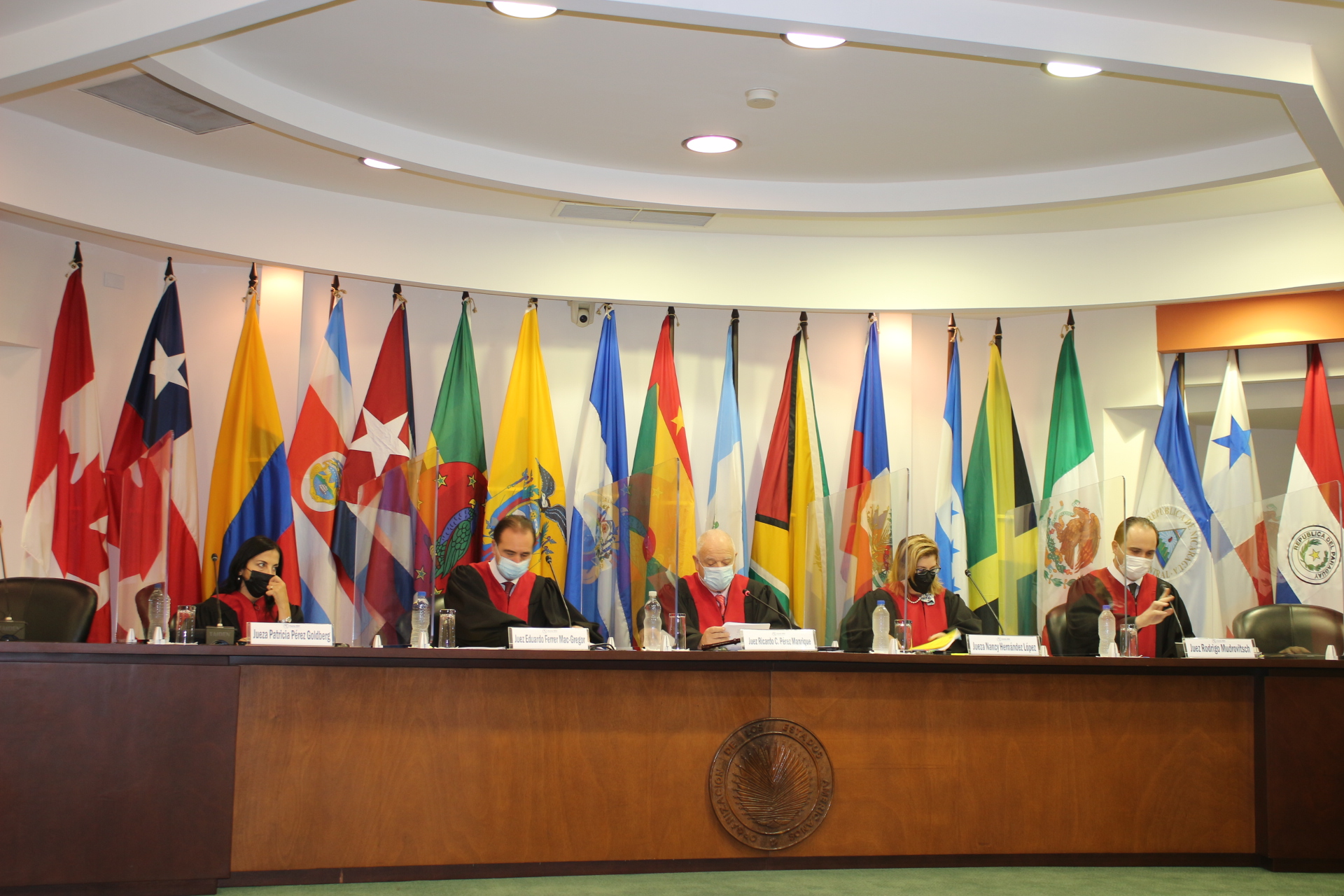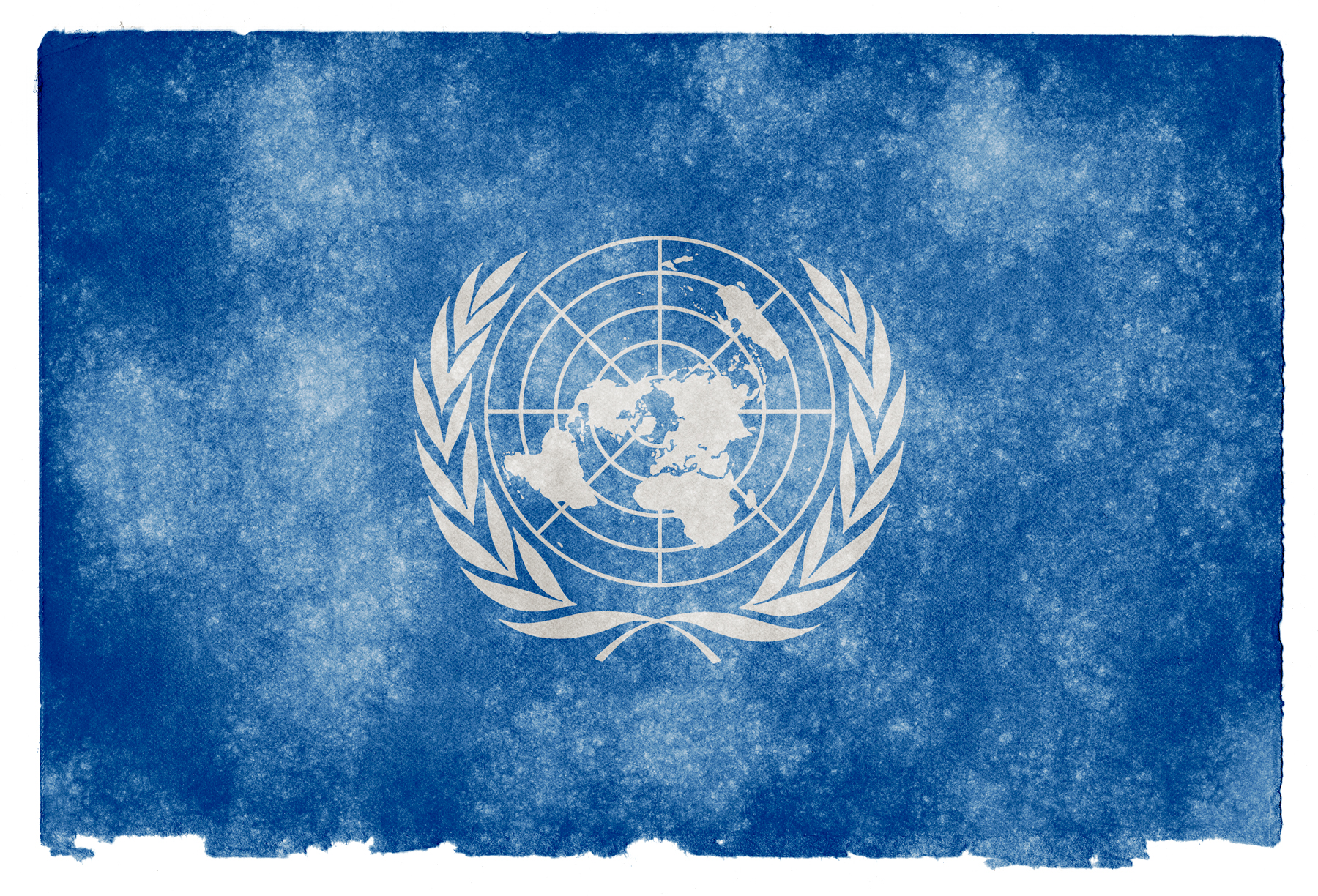Article disponible en français ici.
Lea este artículo en español aquí.
How can human rights defenders effectively engage businesses to promote corporate respect for human rights? This is the question a new publication launched today seeks to address.
A Human Rights Defender Toolkit for Promoting Business Respect for Human Rights (also available in French and Spanish) has been produced by ISHR, with the pro bono support of leading international law firms Allens Linklaters and DLA Piper.
The publication provides:
- an overview to human rights defenders of the legal and policy frameworks, and government and corporate trends relating to the protection of human rights within the context of business;
- a range of tools for defenders to strategically engage with stakeholders at each stage of project development and in a range of sectors;
- actions businesses should take to respect and engage human rights defenders, and the business benefits of doing so;
- practical examples of how businesses and human rights defenders can work together to achieve corporate respect for human rights.
A trend of increasing attacks
ISHR’s Michael Ineichen says the toolkit has been developed amidst a trend of increasing attacks against human rights defenders who advocate for corporate accountability – whether in relation to labour rights, land rights, indigenous rights or otherwise.
‘The risks for human rights defenders who engage in the issue of corporate respect of human rights and accountability for violations are great, ranging from attacks on their reputations to attacks on their lives,’ he said.
‘But there are also risks for businesses associated with violating human rights, and many advantages in adopting a positive approach to the protection of rights.
‘Our aim is for this toolkit to equip human rights defenders to decide if, when and how to positively engage with businesses, and to help build greater respect for their role in preventing, mitigating and seeking accountability for human rights violations related to business operations.’
The role of business in protecting human rights
Unfortunately, ‘far too many companies still remain silent when human rights are at stake in repressive States – or even actively work against respect for human rights,’ says Mauricio Lazala of the Business and Human Rights Resource Centre. On the other hand, ‘many companies are showing that speaking out against human rights abuse is the right thing to do, both for moral reasons and for their own interest.
‘Companies can be a powerful voice in the protection of the vulnerable in repressive countries, particularly where abuses are taking place linked to their industry or where they are major investors.’
Collaboration between businesses and human rights defenders
Owen Larter of Microsoft and Nicolas Patrick of DLA Piper say that non-governmental organisations working in high-risk environments could benefit from networks of support within the business sector, particularly large multi-national corporations that have publicly stated a commitment to human rights.
‘Invisible networks of influential friends and supporters in the business community can be invaluable when things go wrong. We encourage human rights defenders to partner and work constructively with the business sector and foster partnerships and collaboration.’
‘This is what this new toolkit is about,’ said ISHR Director Philip Lynch. ‘Written for defenders from the perspective and with the insight of business, and replete with good practice examples from companies around the world, we hope it will contribute to strengthening understanding, trust and relationships between business and human rights defenders.’
‘Both corporations and human rights defenders have a shared interest in an operating environment which respects the rights to freedom of expression, association and assembly, and which is characterised by transparent and accountable government, freedom from corruption, and respect for the rule of law.’
‘Our aim is to encourage and build the capacity of human rights defenders to engage constructively and positively with business, recognising the vital contribution that responsible business can make to the promotion and protection of human rights and to sustainable development,’ Mr Lynch said.



